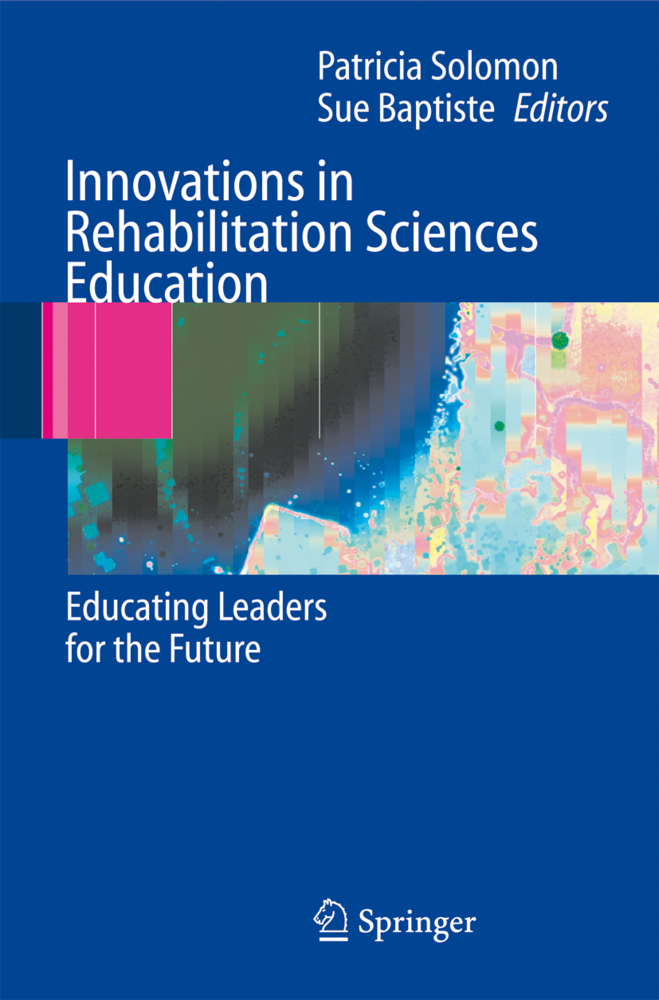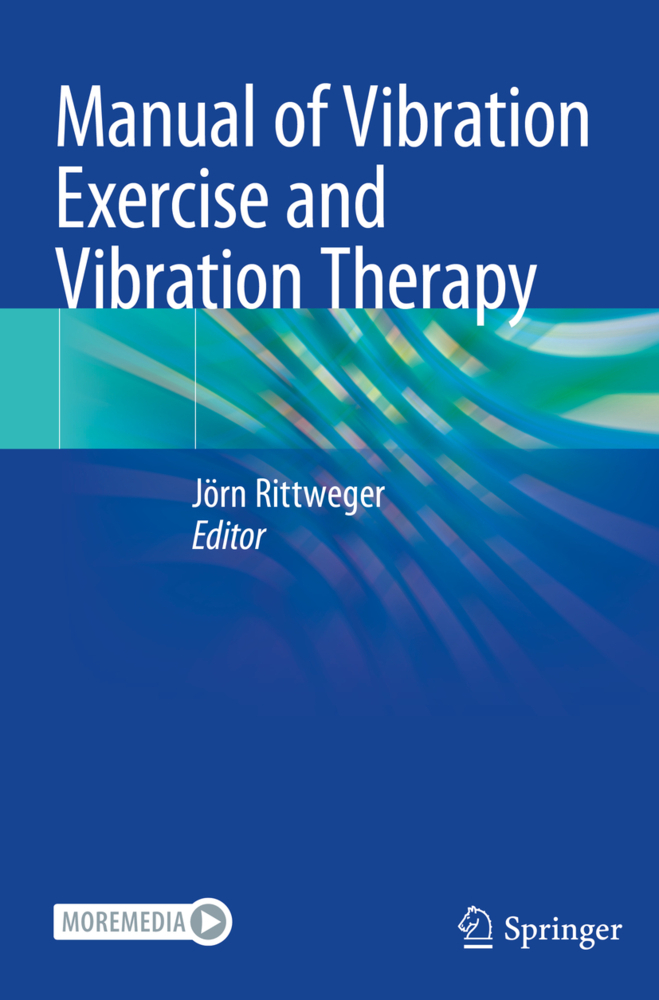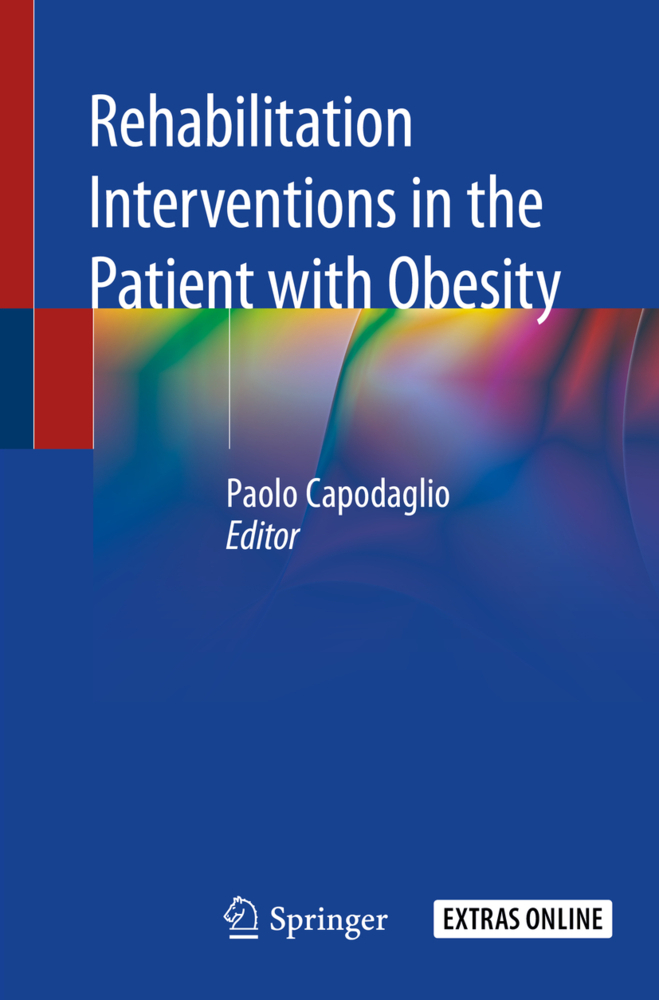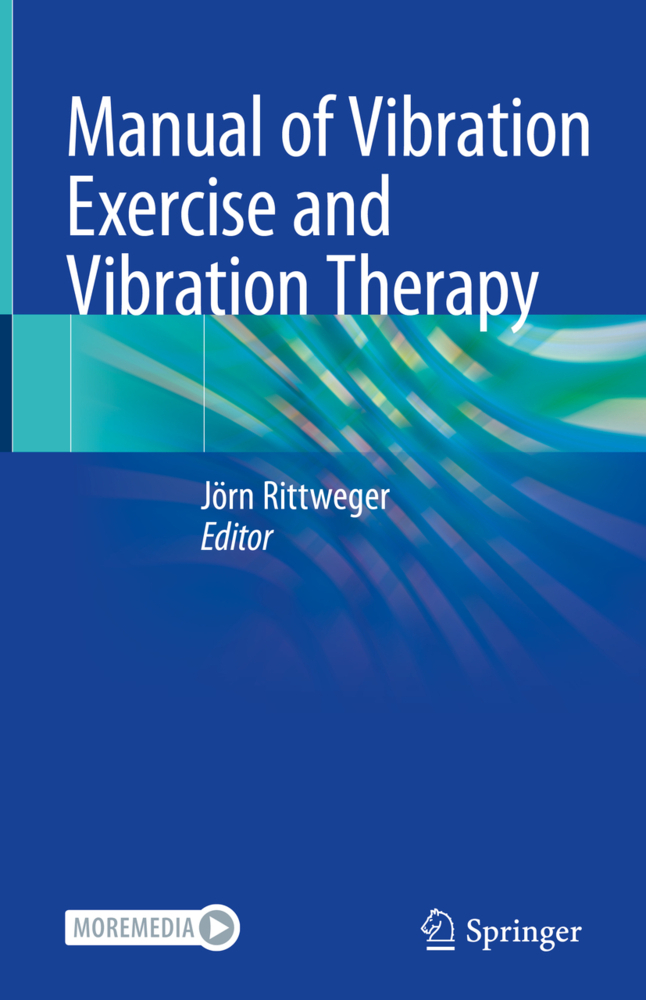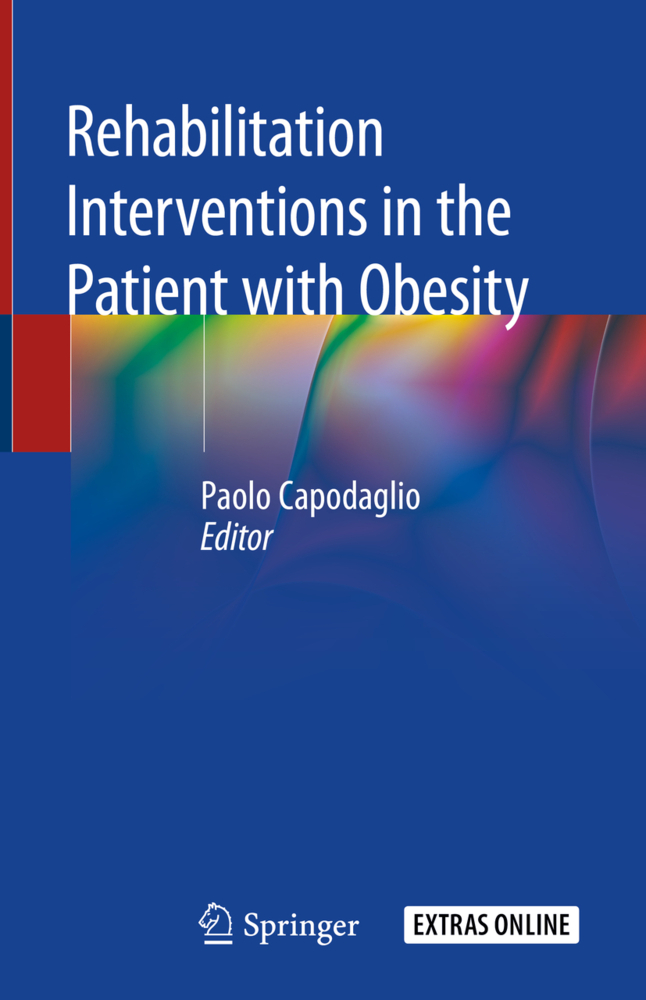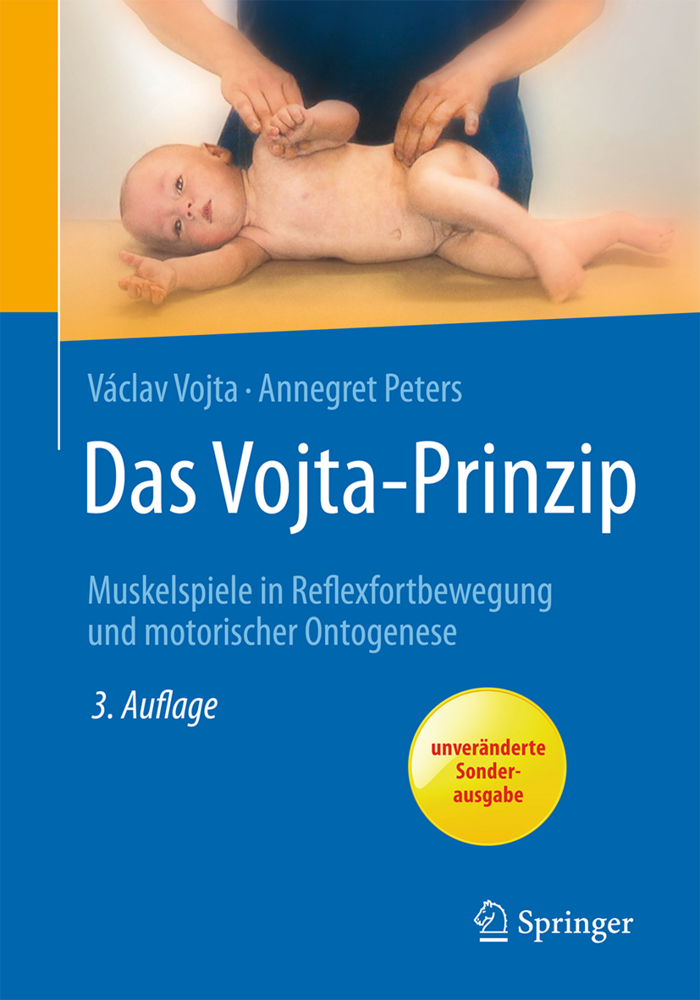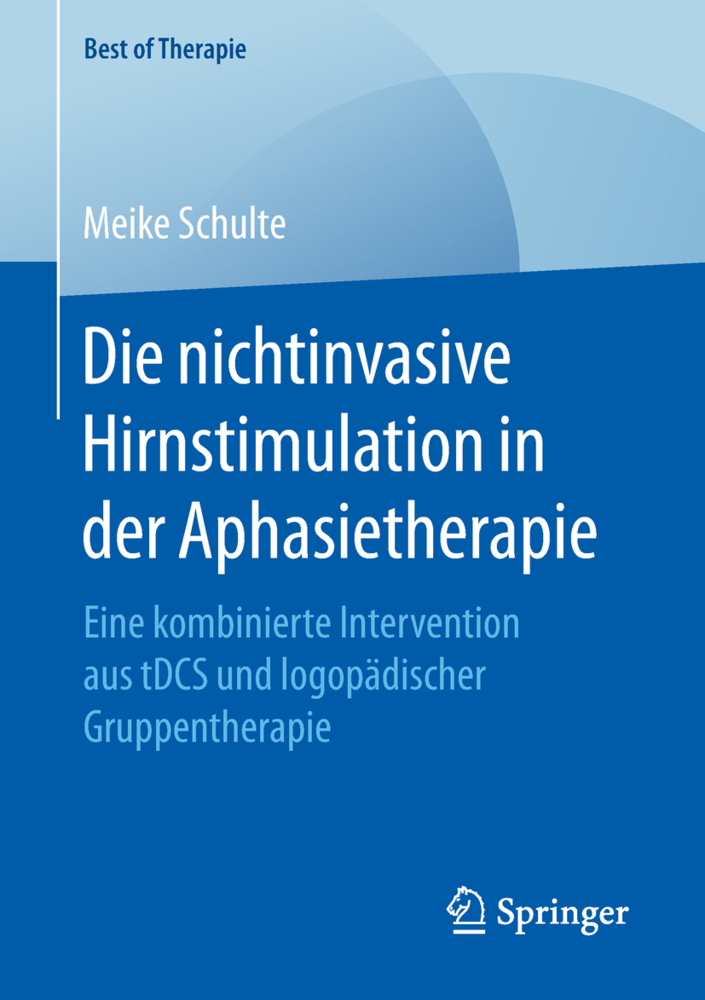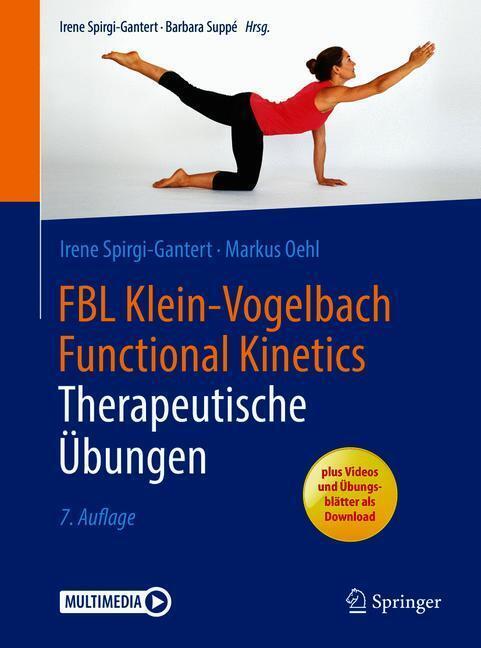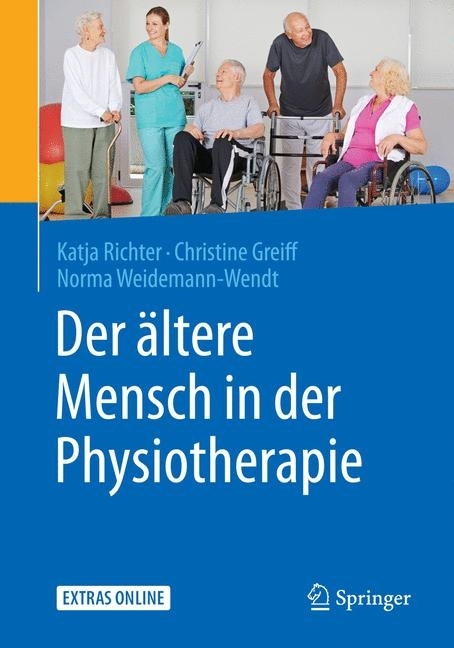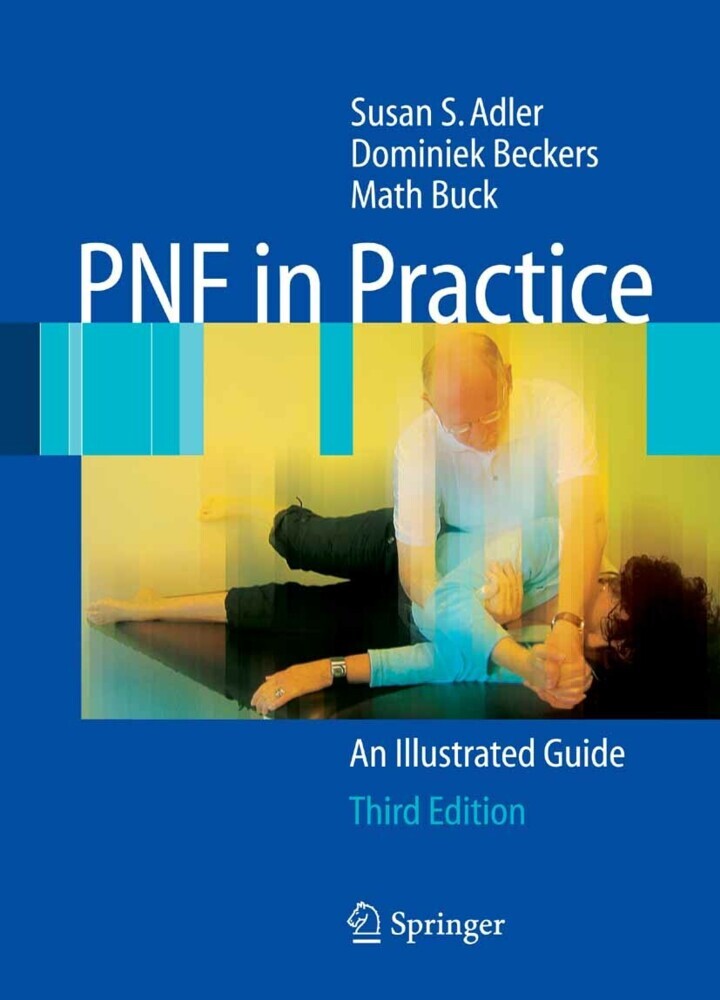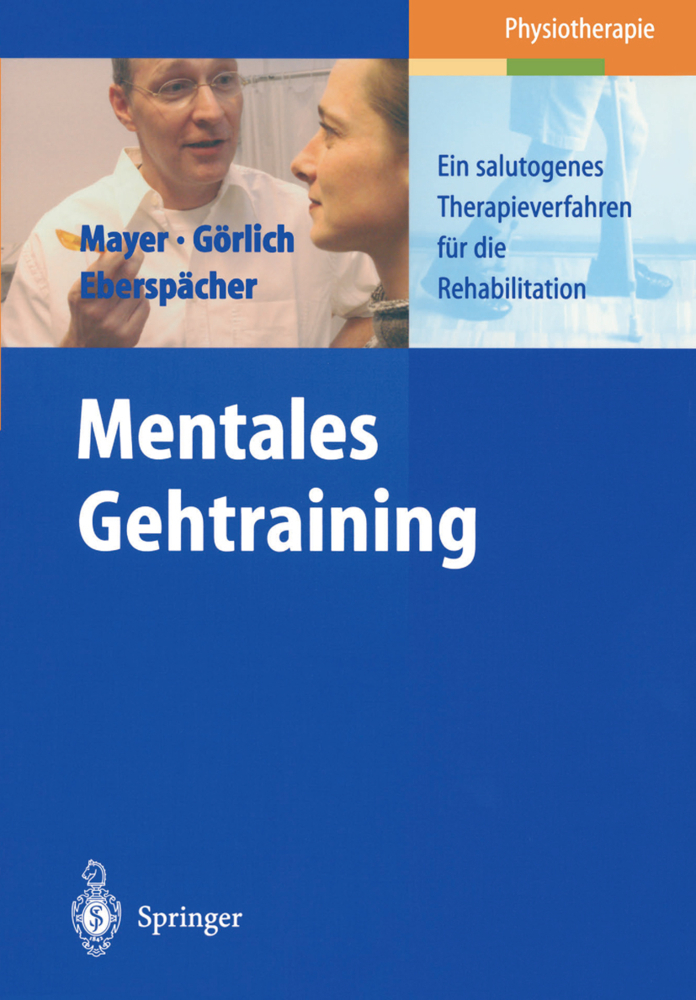Innovations in Rehabilitation Sciences Education
Preparing Leaders for the Future
Innovations in Rehabilitation Sciences Education
Preparing Leaders for the Future
We are most fortunate to be housed in an institution that embraces risk taking and innovation in education. Part of the joy of working at McMaster University is the sense that you will be supported in your efforts to develop new ways of facilitating learning even if these are not always successful. We are privileged to work with a group of exceptional colleagues who embrace - novation and strive for ongoing excellence in education. Their commitment and - thusiasm emerges through the reading of the chapters. Patricia Solomon Sue Baptiste Hamilton,Ontario December,2004 Contents VII Contents Chapter 1 Skills for the Rehabilitation Professional of the Future Patricia Solomon, Sue Baptiste New Skills for the Changing Practice Context . . . . . . . . . . . . . . . 2 Self-directed and Lifelong Learning Skills . . . . . . . . . . . . . . . . 3 Evidence-based Practice Skills . . . . . . . . . . . . . . . . . . . . . . 4 Consultation Skills . . . . . . . . . . . . . . . . . . . . . . . . . . . . 5 Communication Skills . . . . . . . . . . . . . . . . . . . . . . . . . . 5 Professionalism and Ethical Decision Making . . . . . . . . . . . . . . . 6 Barriers to Implementing Innovative Curricula . . . . . . . . . . . . . . 7 Conclusion . . . . . . . . . . . . . . . . . . . . . . . . . . . . . . . . . 8 References . . . . . . . . . . . . . . . . . . . . . . . . . . . . . . . . . . 9 Chapter 2 Curriculum Development and Design Sue Baptiste, Patricia Solomon The Pedagogical Framework: Problem-based Learning . . . . . . . . . . 12 Approaching the Task of Curriculum Renewal . . . . . . . . . . . . . . . 13 Where to Begin? . . . . . . . . . . . . . . . . . . . . . . . . . . . . . 14 Designing Our New Programs . . . . . . . . . . . . . . . . . . . . . . . 16 Redevelopment Within a Problem-based Learning Culture . . . . . . . . 18 Integration of Experiential Practice Preparation Within a Problem-based Learning Framework . . . . . . . . . . . . . . . 18 Evaluation Within a Graduate Problem-based Learning Framework . . . . 19 Conclusion . . . . . . . . . . . . . . . . . . . . . . . . . . . . . . . . . 20 References . . . . . . . . . . . . . . . . . . . . . . . . . . . . . . . . . . 22 VIII Contents Chapter 3 Strategies for Integrating Basic Sciences in Curriculum Hallie Groves Basic Sciences in an Integrated Curriculum: What to Learn? . . . . . . . 24 Strategies for Integrating Basic Sciences into Innovative Curricula . . . . 25 Selecting Learning Resources . . . . . . . . . . . . . . . . . . . . . . . .
Strategies for Integrating Basic Sciences in Curriculum
Developing Emerging Roles in Clinical Education
Evidence-based Practice for the Rehabilitation Sciences
Ethics
Interprofessional Education
Curricula to Promote Community Health
Developing Communication Skills
Developing Community Partnerships
Evidence-based Admissions in Rehabilitation Science
Educational Preparation for Rural and Remote Practice: The Northern Studies Stream
A Program Logic Model: A Specific Approach to Curriculum and Program Evaluation.
Skills for the Rehabilitation Professional of the Future
Curriculum Development and DesignStrategies for Integrating Basic Sciences in Curriculum
Developing Emerging Roles in Clinical Education
Evidence-based Practice for the Rehabilitation Sciences
Ethics
Interprofessional Education
Curricula to Promote Community Health
Developing Communication Skills
Developing Community Partnerships
Evidence-based Admissions in Rehabilitation Science
Educational Preparation for Rural and Remote Practice: The Northern Studies Stream
A Program Logic Model: A Specific Approach to Curriculum and Program Evaluation.
| ISBN | 978-3-642-06428-9 |
|---|---|
| Artikelnummer | 9783642064289 |
| Medientyp | Buch |
| Auflage | Softcover reprint of hardcover 1st ed. 2005 |
| Copyrightjahr | 2010 |
| Verlag | Springer, Berlin |
| Umfang | XVI, 208 Seiten |
| Abbildungen | XVI, 208 p. |
| Sprache | Englisch |

